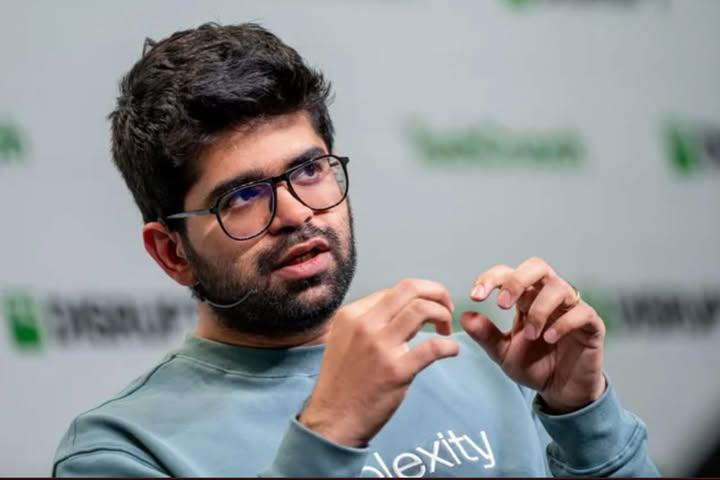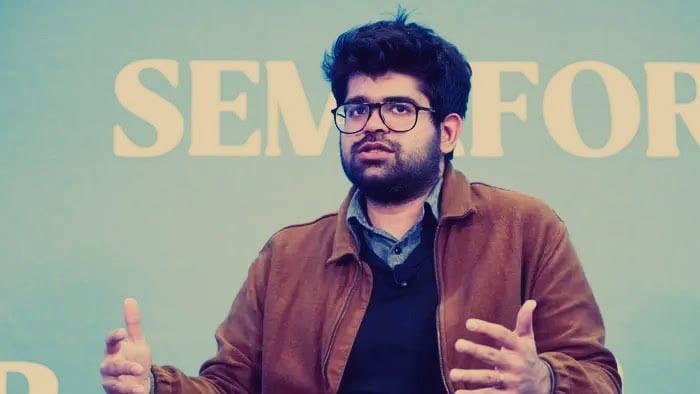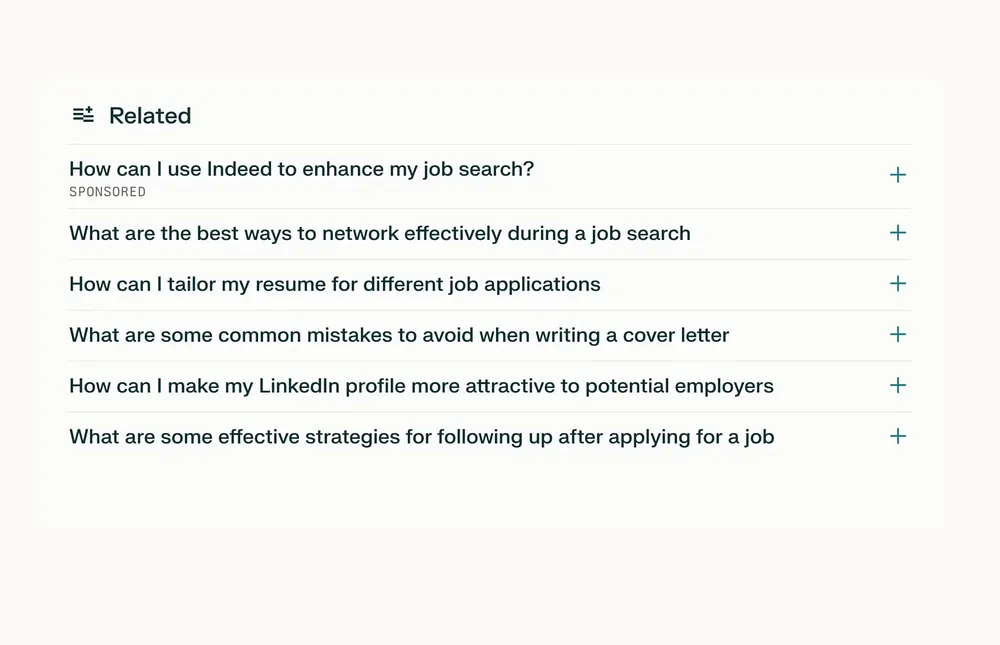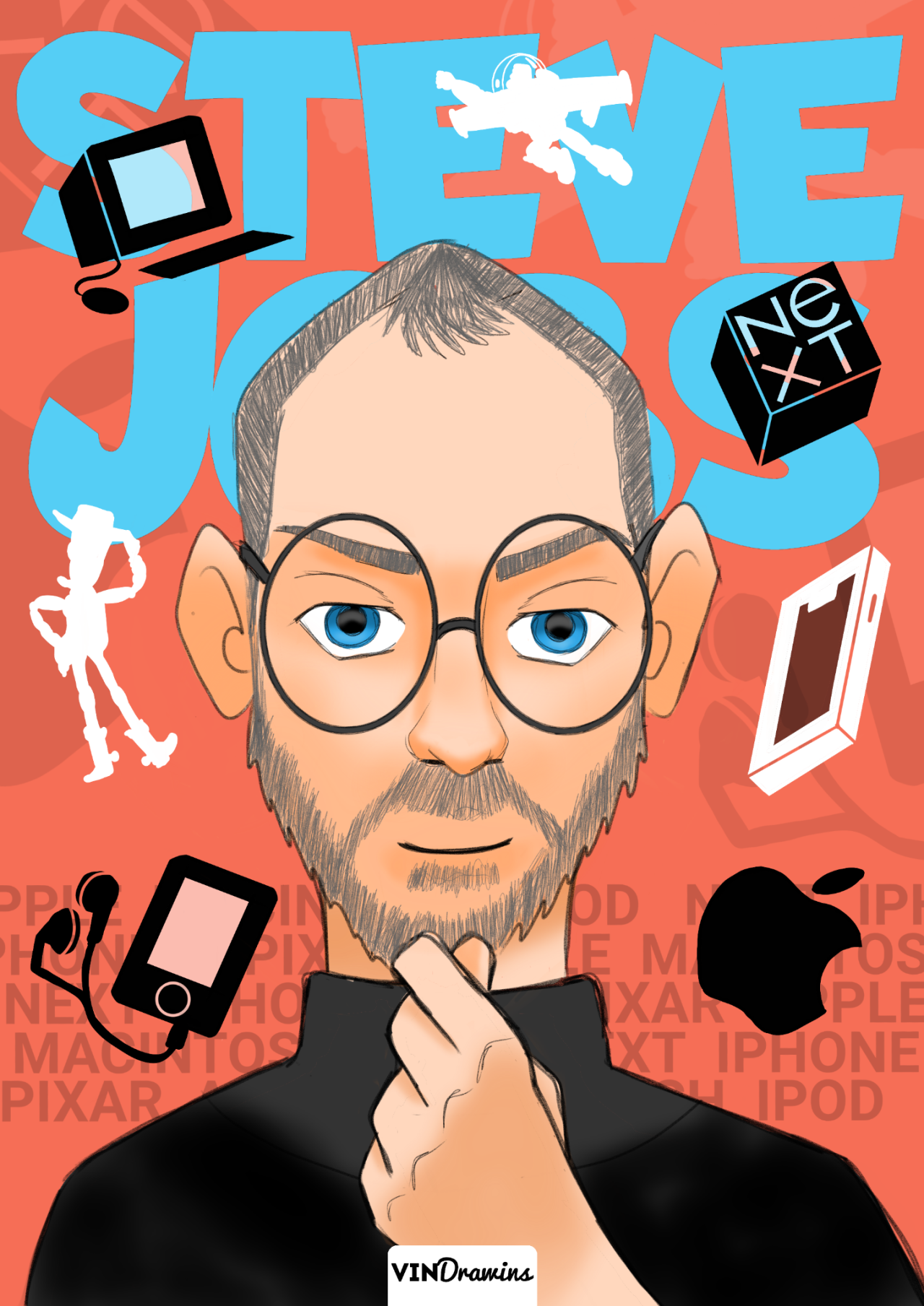Back
Account Deleted
Hey I am on Medial • 10m
Perplexity CEO says its browser will track everything users do online to sell ‘hyper personalized’ ads if it's so, will you use that??
Replies (2)
More like this
Recommendations from Medial
Account Deleted
Hey I am on Medial • 10m
Perplexity's Bold Move: Becoming the Next Google? CEO Aravind Srinivas revealed that Perplexity is building its own browser, Comet, to track user behavior outside the app — aiming to sell premium ads with better targeting. 🔹 Collects browsing, sho
See More
Mohd Rihan
Student| Passionate ... • 7m
🚀 Perplexity just launched its own browser — Comet. And it's seriously clean. This isn't just another Chrome clone. It’s an AI-first browser built to save time and give direct answers while you browse. 🧠 What makes it stand out? • Built-in Perple
See More
Download the medial app to read full posts, comements and news.
















/entrackr/media/post_attachments/wp-content/uploads/2021/08/Accel-1.jpg)

















